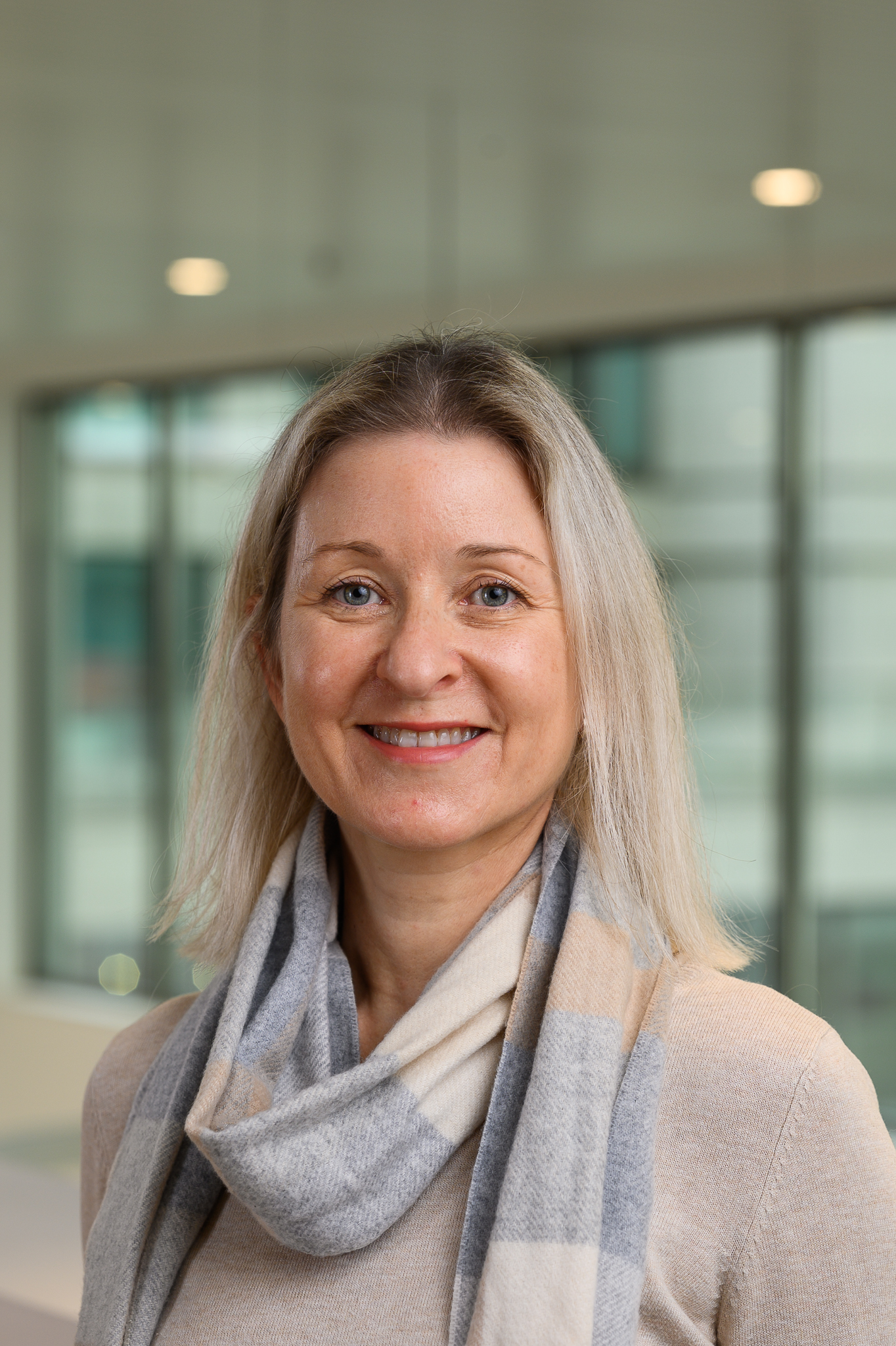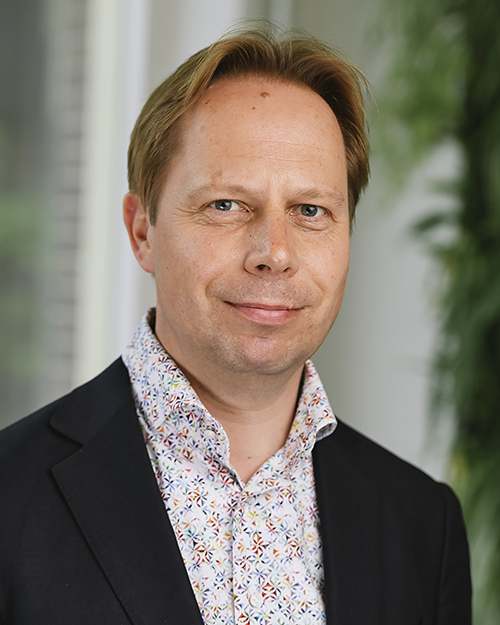
Leiden University to continue membership of The Conversation
Looking to share your academic results or insights with a global audience? Leiden University is a ‘contributing member’ of the international journalism platform The Conversation. In 2024, this resulted in 51 articles, which together were read by more than 667,000 people.
Providing research-based commentary on issues affecting the world and making this accessible to an international audience is the mission of the journalistic not-for-profit website The Conversation. Leiden University became a contributing member in 2024. On their own initiative or at The Conversation’s request, academics from all our faculties have written about their work in articles that have appeared on readers’ screens worldwide: from the United States to Brazil, and from England to Australia. Our most-read article, one about nanoplastics by researcher Meiru Wang, attracted more than 103,000 readers.
Leiden University is renewing its membership for 2025, giving even more of our academics the chance to showcase their expertise and the value of academic research on an international stage. Find out how you can start publishing on The Conversation!
What does publishing on The Conversation achieve, apart from lots of readers? Two academics with hands-on experience explain.

Vanessa Newby (FGGA) published six articles on The Conversation in 2024, about the conflict between Israel and Hezbollah
Number of articles: 6
Number of readers: 121,332
Impact: articles led to interviews by BBC World Service and various journals
‘I got an email from our faculty science communication officer saying that The Conversation UK was looking for experts on Lebanon and The Middle East in general. So I replied, and got in touch with a Conversation editor. Then, because of the rapid developments concerning Israel and Hezbollah, they were really keen to publish my insights.
‘I find them very easy to work with. They’re professional and quick. The main challenge is keeping an article under 900 words, and to keep in mind that what you think is most important about your research, may not be the main focus of the story.
‘Why would you want to publish on The Conversation? For a number of reasons. First, being a semi-government institute, this is a great way for Leiden University to share our knowledge with the general public and specific readers such as policymakers. Also, it’s a great way to show your work to the academic community and profile yourself as an authority in a certain field. And especially for early career researchers, this a great way to expand your skill set and train yourself to write for a non-scientific audience. On a personal level, I feel that the situation in South Lebanon is very much misunderstood. And I thought, if I don’t write about this, the public will know less about it. So I definitely feel that professional responsibility.’

Somewhat to his surprise, Bert van den Berg (Faculty of Humanities) was asked by The Conversation to explain the discovery of papyrus scrolls recording Plato’s burial place
Number of articles: 1
Number of readers: 21,247
Impact: approached by journalists from other media after the article was published
‘I heard about the discovery of these papyrus scrolls and wanted to find out more but as so often is the case, hadn’t got round to doing it. Then I received a request from The Conversation via the Humanities communication department to write about the discovery. I publish quite a lot, but usually for a limited audience, so I was definitely interested in producing something that would reach a wider audience.
‘The process was really interesting. As a researcher, you think: I’m used to writing for a wider audience so I can do this. But then a science journalist sets to work on your piece and it begins to take on a very different shape. I enjoyed that, to see the approach someone like that takes to reach a wide audience. We academics tend to look down a bit on journalism because texts can seem unnuanced or sloppy. But this collaboration helped me understand that it is a job in its own right and you are often working to very tight deadlines.
‘It is also satisfying to write something about your specialism that is read by thousands of people instead of 20 of your peers. And now in particular, I think it is our duty to show society what researchers do. Am I going to pitch a new article? I’m not sure. But what I have learned from this experience is that as a classics scholar, you often think your work does not have great social urgency. And then someone comes along and shows you that it does. The general public does need my expertise after all, which is something I wasn’t aware of.’
